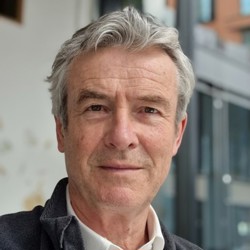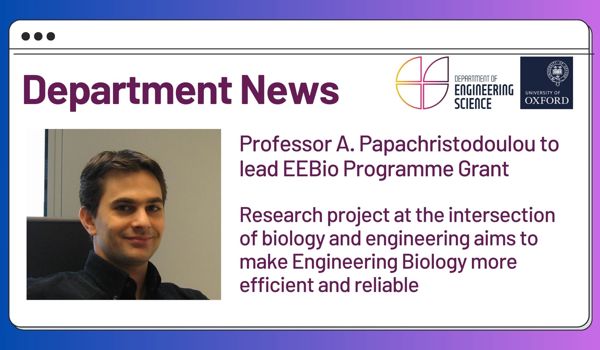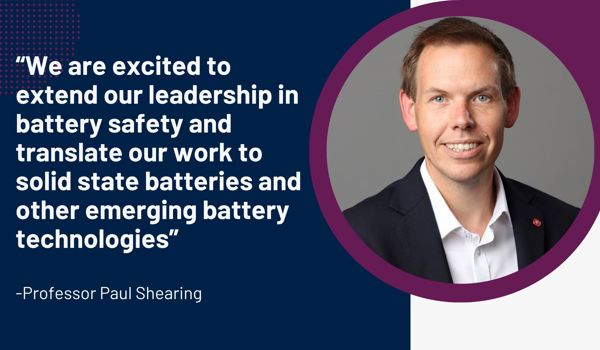Biography
Professor Neil Hunter FRS obtained his PhD at the University of Bristol and, following postdoctoral fellowships at Rutgers University, then Bristol University, he gained his first academic position at Imperial College in 1984. He moved to Sheffield University as Senior Lecturer in 1988, and became a Reader in 1990, then Professor in 1993. In 1996 Neil Hunter was awarded a DSc by Bristol University, and he was appointed to the Krebs Chair in Biochemistry in 2008; he was elected to the Fellowship of the Royal Society in 2009.
Neil Hunter has held honorary professorships at the Qinqdao Institute of Bioenergy and Bioprocess Technology, and Shanghai Jiao Tong University, and has been awarded two visiting Professorships by the Chinese Academy of Sciences.
Research Interests
Neil Hunter’s research focuses on the biosynthesis, assembly, structure, function and nanotechnology of photosynthetic complexes and membranes. He has played a major role in elucidating the biosynthetic pathway for chlorophyll, the pigment on which the whole biosphere depends. He used cryo-electron microscopy to determine the structures of many photosynthetic complexes, and he used atomic force microscopy to discover the arrangement of these complexes in bacterial, cyanobacterial and plant photosynthetic membranes.
This work has revealed the two-dimensional networks of complexes that support the efficient harvesting and trapping of solar energy. Latterly, Neil Hunter’s interests have moved towards the synthetic biology of photosynthesis, using genetic engineering and protein design for construction of light-powered cells for future biotechnology, CO2 sequestration and biomass production.
Neil Hunter has published over 360 papers on genetic, biochemical and biophysical aspects of photosynthesis, and his research has been supported for over 40 years by numerous research grants from AFRC, SRC, SERC, BBSRC, Human Frontier Science Programme, and the EEC. More recently Professor Hunter has been supported by a series of programme grants, from the US Department of Energy (2009-2020), two BBSRC Lola awards (2009-2020), an ERC Advanced Grant (2013-2018) and an ERC Synergy Award (2020-2026).
Research Groups
Related Academics
Publications
A full list of publications can be found here.





